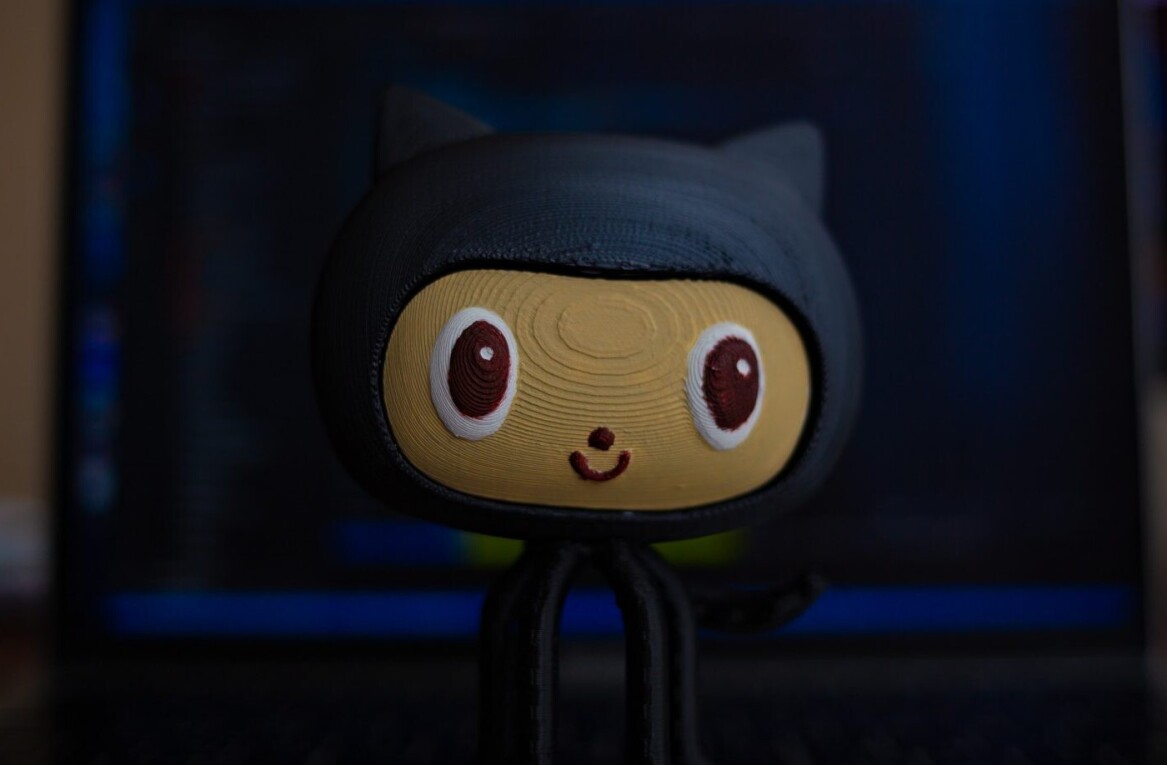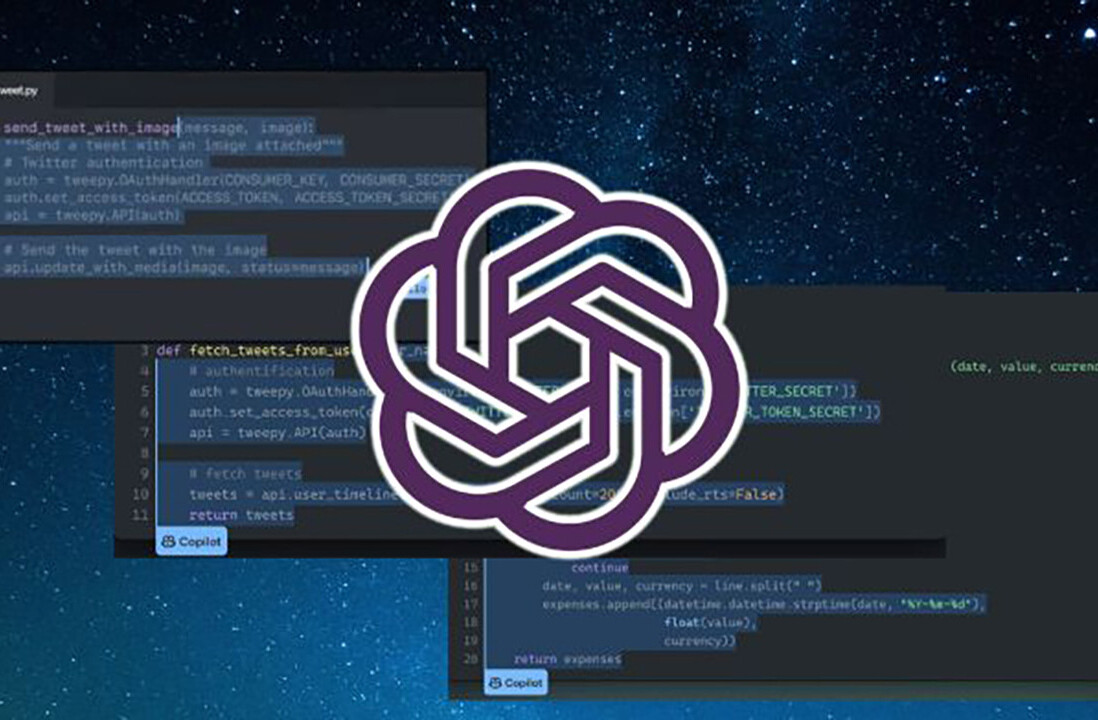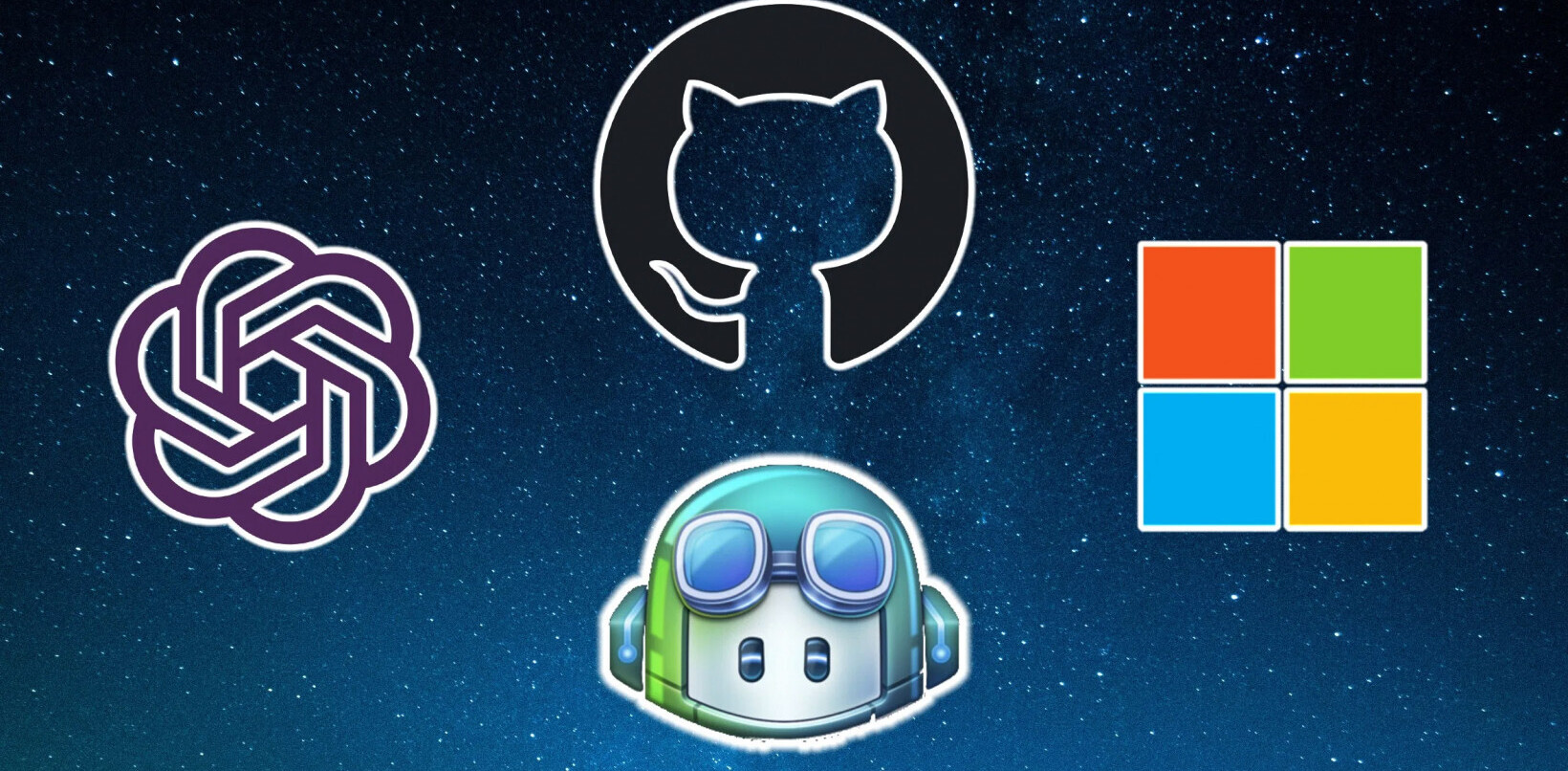
Women are better coders – that’s according to a preliminary analysis of bug-fixing suggestions made on GitHub that looked at how many fixes to code were accepted – but that’s only true if they hide their gender.
Contrary to popular views about coding, in the paper ‘Gender bias in open source: Pull request acceptance of women versus men,’ researchers from computer science departments at Cal Poly, San Luis Obispo, and North Carolina State University, found:
Surprisingly, our results show that women’s contributions tend to be accepted more often than men’s. However, when a woman’s gender is identifiable, they are rejected more often. Our results suggest that although women on GitHub may be more competent overall, bias against them exists nonetheless.
Across the top 10 programming languages, women’s fixes were more likely to be accepted than men’s, but that rate dropped from 72 percent to 62.5 percent, below their male counterparts, when their gender was able to be identified.
As GitHub does not ask people to report gender, the team cross-referenced more than four million user profiles with social media platforms and were able to identify 1.4 million people who had self-identified as either men or women.
Addressing such concerns as ‘are people accepting pull requests just to help out new female coders?’ or ‘are women just making small, obvious changes?’ the team summarized its top six findings:
1. Women are more likely to have pull requests accepted than men
2. Women continue to have high acceptance rates as they gain experience
3. Women’s pull requests are less likely to serve an immediate project need
4. Women’s changes are larger
5. Women’s acceptance rates are higher across programming languages
6. Women have lower acceptance rates as outsiders when they are identifiable as women
The research has yet to be peer-reviewed but has been submitted on PeerJ Preprints, a scholarly publishing site, in order to gather feedback.
Now, will someone PLEASE fix our gender problems in tech firms and with STEM teaching at schools, because it sounds like we’ll all have better products when we do.
➤ Gender bias in open source: Pull request acceptance of women versus men [PeerJ via BBC]
Get the TNW newsletter
Get the most important tech news in your inbox each week.




